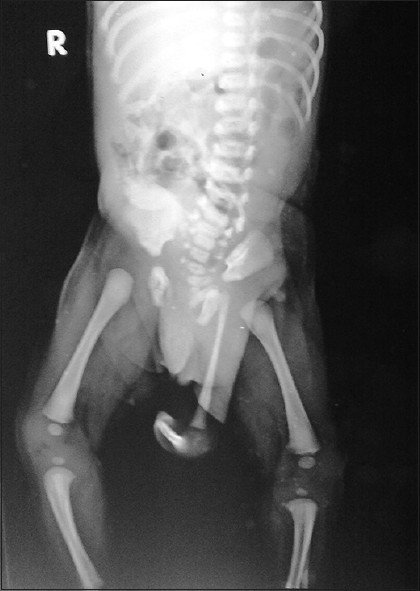
Ĭollecting and analyzing data on association Covid-19 crisis and perinatal complications, especially congenital anomalies, is a research priority. There is no reliable evidence for transplacental transmission of Covid-19 during the first or early second trimester of pregnancy, however, current limited data do not indicate maternal-to-fetal transmission in the third trimester. The mother's stress can play an important role in the development of the fetus, but more importantly, there is a possibility of vertically transmitted covid-19 infection and subsequent birth abnormalities. Pandemic-related worries have a direct impact on women's physical and mental health and their potential pregnancies. The childbearing plans of many couples have been postponed and the majority of women are concerned about receiving inadequate perinatal care. Possible reasons include vertical transmission of Covid-19 infection maternal fever, stress and anxiety insufficient preconception and prenatal care neglect of fetal screening and poverty imposed by this pandemic.Ĭovid-19 pandemic has broad impacts on a person’s reproductive health, perinatal period, and childbirth choices. There are several factors in the Covid-19 pandemic which can affect fetal development in the first trimester of pregnancy. ConclusionĬovid-19 pandemic are associated with congenital anomalies at birth. The number of all types of anomalies has increased in the current pandemic, but the congenital anomalies of the central nervous system ( P value = 0.04) and Genitourinary ( P value = 0.03) have a larger contribution than before. The incidence of congenital birth anomalies are significantly increased during Covid-19 pandemic compared with before Covid-19 ( P value < 0.00001). Incidence of congenital anomalies at birth were compared and analyzed between these two time periods. All registered congenital anomalies in hospital births were compared between two time periods: During Covid-19 (1st November 2020- 28th February 2021) and Before Covid-19 (1st November 2019-29th February 2020). This is a retrospective comparative analysis of congenital birth anomalies in Iran desired data was extracted from national birth registry database.


The population of newborns whose embryonic period coincided with the Covid-19 crises were compared with a similar group born during the pre-Covid-19 period. Current study aimed to investigate the association between the Covid-19 pandemic and congenital birth anomalies in Iran. Due to the lack of knowledge about fetal and perinatal complications following Covid-19 infection, the association of Covid-19 pandemic and congenital anomalies in babies conceived and born during this pandemic is unclear. Pregnant women are one of the most vulnerable groups in the Covid-19 pandemic.


 0 kommentar(er)
0 kommentar(er)
